You know Mark Duplass. You’d recognise him from things like The Mindy Project and The Morning Show. You may have seen his name pop up in the producer credits of Wild Wild Country or Evil Genius. He’s just wrapped up the final season of his (and his brother’s) television experiment, Room 104 on HBO. The surreal anthology series, which sits somewhere between The Twilight Zone and an open-mic night, has, over the course of its 48 episodes, provided a space on television for filmmakers and storytellers to explore the creative potential of the short story.
We caught up with the filmmaker, actor, writer, and musician for a conversation about the weird and wonderful thing that is Room 104. Complete with digressions into The League and the wonder that is Dave Bautista.
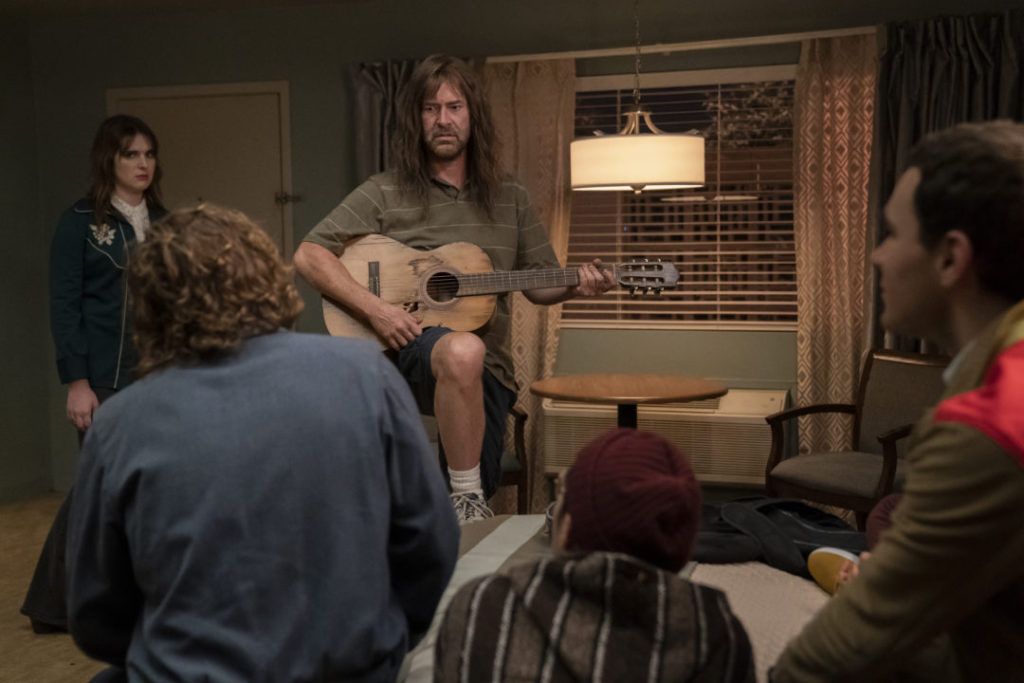
Umapagan Ampikaipakan: Hey, Mark. Thank you so much for doing this. I’m a big fan of your work, so it’s just great to be able to talk to you about some of it.
Mark Duplass: Thanks man. I appreciate it.
UA: So, before we get into Room 104, I have a question about Duplass Brothers Productions. I mean, we see your name pop up on so many things. Very good things. From Safety Not Guaranteed to Wild Wild Country to Evil Genius. How do you choose what you decide to do?
MD: It’s a good question and it’s different for all things. One thing that I try to do is to generate most of the things that we make, so that they feel at least somewhat consistently on brand with us. And so I think the one thing that makes us different from most other companies is that they just wait for submissions to come to them. We’re very active and we try to bring ideas to people, or find friends, or loved ones, or people that haven’t had their first chance yet to make something, and we actively seek them out. And beyond that, it’s really like a gut instinct thing. I think if I was objectively looking at my body of work, I would say that the most consistent thing I see is that, as much as some of them might be hard, or truth seeking, or awkward, or uncomfortable, there is a sweetness to everything. That embodies everything that we do. And at its core are people trying to achieve intimacy and to be close with others. And that’s what they really, really want. And they often get themselves in a lot of trouble trying to do it. That’s the one recurring theme I keep seeing. It makes for the best stories anyway.
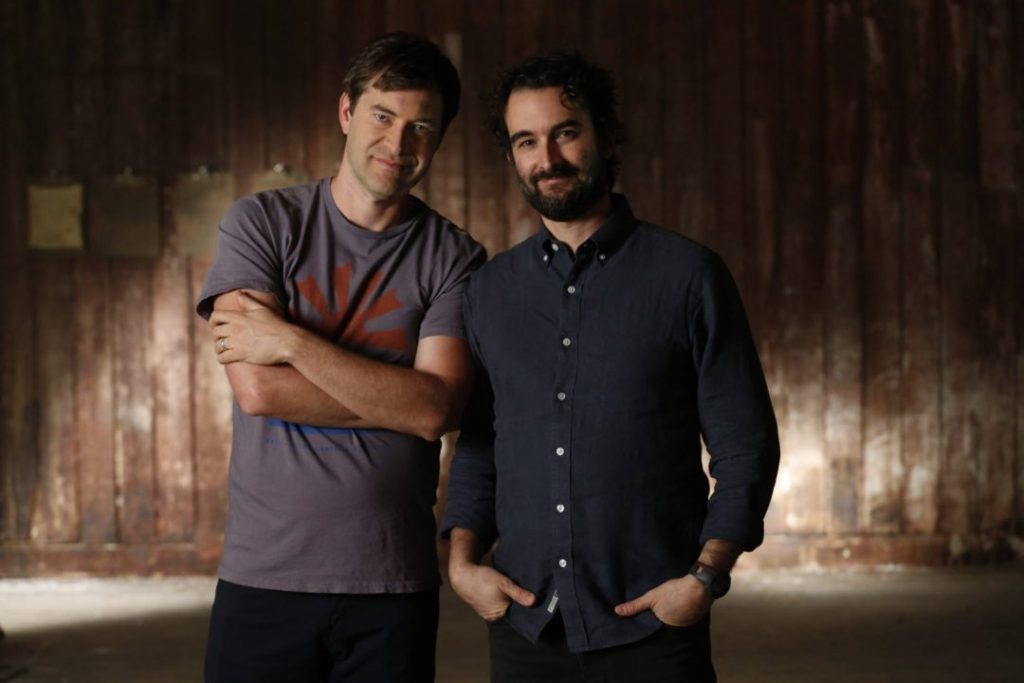
UA: Let’s talk Room 104. I’ve always felt that it exists in this really interesting space. It’s not at all as “what if?” as The Twilight Zone, or as cynical as Black Mirror, or as hopeful as Amazing Stories. Do you have a general direction that you give your writers? What makes for an episode of Room 104?
MD: The truth is, it’s not like a normal show where we have a big writers room of people. I’ve written half of the episodes for the show, and a lot of times, we come up with ideas that we give to other writers that we think would work in an episode. So we do a pretty good job of curating the kinds of things that can belong there. As for why the show clicks with people? You know, whenever you travel, you go to a hotel or a motel room. I think if you look closely at yourself, you’ll notice that you behave a little bit differently. And it could be because you’re just out of your comfort zone. It could be because you know that no one’s watching. But accepting that paradox within yourself, that you are, at once, the person you were at home, that all your friends and loved ones like because you’re a certain way, and also this person who is a little bit different over here. That’s the kernel of where Room 104 comes from. And sometimes it goes to hyperbolic needs in order to show it. But that really is the core.
And the second part of what I wanted for this show is that, most television shows succeed because they offer you a very similar feeling or total experience from episode to episode. And people returned to that show because they want that feeling. Room 104 is all about not knowing what you’re going to get. It’s genre agnostic. And I know that it is not often a successful recipe for a show. But I’m so glad that the amount of people who did show up, showed up because they’re really spinning the roulette wheel and trying to actively watch the show and discern what is happening, as opposed to being comforted by something they know is coming. And I thought that would be really cool. That’s the kind of show I would want to watch.
UA: And you’re absolutely right. It is the kind of show I grew up watching. With things like The Twilight Zone, and Amazing Stories, and The Outer Limits, and stuff like that. But it scares networks. Right? How did you pitch this idea to HBO?
MD: Well, I got lucky. I mean, I have a really good home with HBO. They trust me. They believe in me. But I’m also a very practical producer. I didn’t go and ask for the Game of Thrones project. Room can be made more cheaply…
UA: And it’s all on one set as well…
MD: … Yeah, exactly. They knew I wouldn’t be upset if they didn’t put billboards all over town and run massive Emmy campaigns for me. All I wanted was a space on their channel to provide a place to tell stories from up and coming filmmakers. The underrepresented voice of the character actor who’s never had a lead role before. Or the director who, you know, she has been trying to break into the industry forever, but there is a glass ceiling, and she gets a course credit, and then her career takes off.
That was so important to me. And I think HBO saw the value in that as well. And I think that is why we’ve been able to stay alive for four seasons when, you know, everywhere else in the marketplace, unless you’re a massive hit in the first season, they kind of just throw you away.
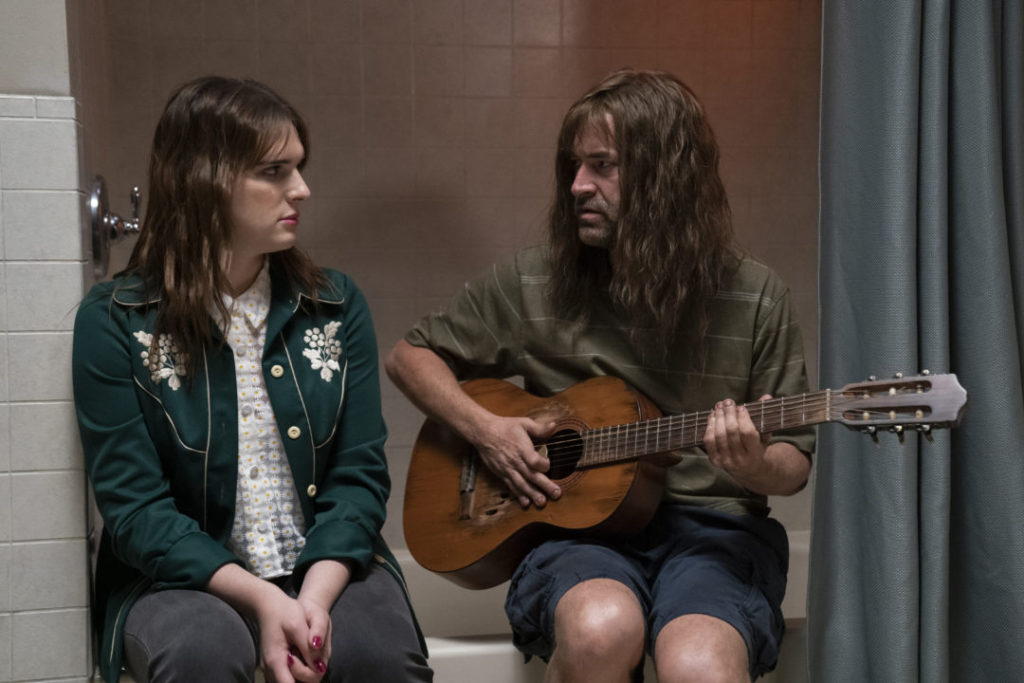
UA: You had me completely duped with the first episode of this season. I’m a huge U2 fan and was like, wait, is there a moment in the band’s history that I’m unaware of? What is going on? And I actually Googled it. I am such a sucker.
MD: It felt credible that Bono in the 90s would do something like that. That’s very Bono. I can almost see the sunglasses he was wearing on stage.
UA: It feels like he would do it right now.
MD: Yeah, he would do it right now. Look, we’ve all we’ve all heard that story about that legendary Daniel Johnston like singer songwriter. I love that lore. And I’m also fascinated by the fans of those characters. Because the fanboys profess to love their musicians, but really they love the pain. They love the drama around their disappearance or their internal struggles. And I find it oddly vampiric and kind of gross. And so I wonder, I examine what they would do when face to face with the real thing. But I didn’t want to do it an overly dramatic way, which is why he is dressed the way he is.
UA: And I think you hit the nail on the head. There is this arc within those 30 minutes, which kind of feels representative to today’s discourse as well. You meet the guy you’re a fan of. You get really excited about it. You discover something that’s maybe wrong with him. And then you proceed to cancel him by beating the crap out of him.
MD: That is pretty much the world we’re living in right now.
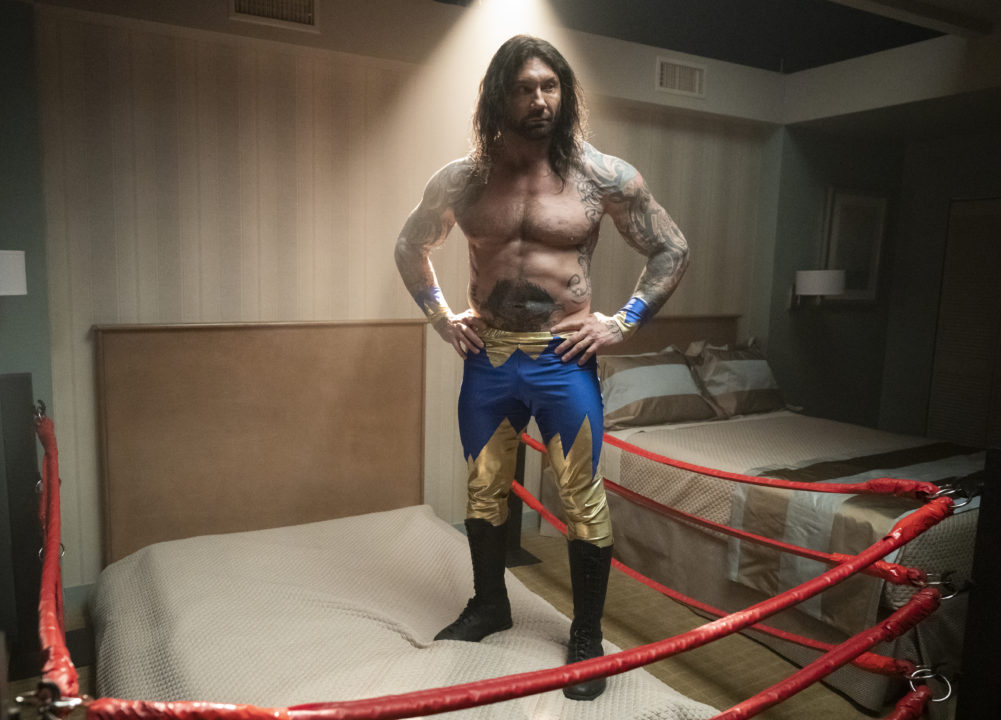
UA: Can we can we talk for a second about how great Dave Bautista is in just everything? That episode moved me in ways that was unexpected.
MD: Oh, I’m so glad you liked that, and saw that. He was a revelation for us certainly this season. And he had expressed that he was looking to do some more dramatic work. The way our industry works is, they look at Dave and they say, “great, you were a wrestler, and you were in Marvel movies, and now you can do action comedy, but that’s all you can do.”
UA: And Kindergarten Cop, right?
MD: Yeah, exactly. And he’s such a big, beautiful, sad soul. In the best ways. And he just really brought it. And that episode (Episode 3, Avalanche), if I showed you the script, you would be like, “oh, I don’t know if this is going to work.” You’ve got a bunch of dolls and one guy, and you’d be like, “is this really going to happen?”
It really is a credit to Ross (Partridge) who directed it. And Dave, in particular, for carrying that whole thing. You know, there’s always a big swing episode in each season that we’re worried about. I was very worried about that one. And I think it turned into one of our strongest.
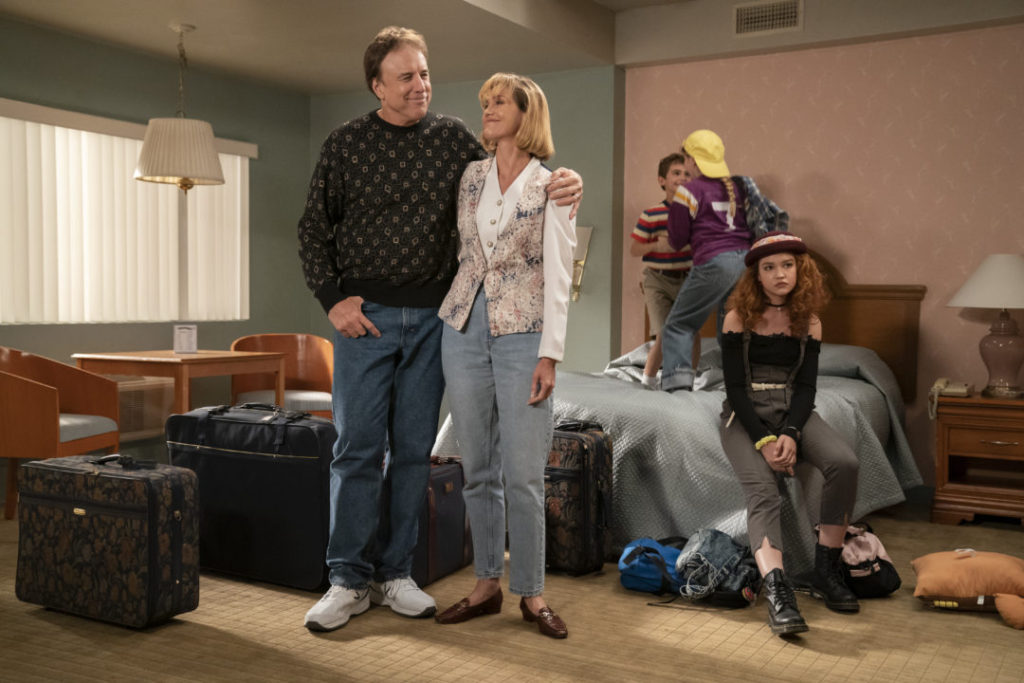
UA: Was there a reason why you decided to end with Season 4? Room 104 always felt like this wonderful platform where people got to try new ideas. And we don’t seem to see it anywhere else, because even with Black Mirror or The Twilight Zone, or those kinds of an anthology shows, there’s still a format of sorts.
MD: Look, I am so grateful that I got to do four seasons and 48 episodes. There are very few places that would allow for that. But the truth of the matter is that it wasn’t my decision to end. HBO basically said, “we’ve given you tons of time to do this wonderful, crazy show, but now let’s do something else.” And my hope is that someday, somehow, somewhere, will get to do this again. And whether that’s because the last season was such a hit, they had to have us again. Or maybe it’ll take on a whole new form or something. But I feel pretty squarely that we’re not done with 104 forever.
UA: It’s also so rare that we get to sit down and watch a show, you know, for 30 minutes, get a lovely story, and then get to move on with our lives. These days, there’s so much serialized television, that it can get tiring.
MD: I think that the episodic nature of what this is, and of getting one and moving on, is really nice. Especially when everybody has 400 shows and movies on their queue that they want to get to. So I agree that the snack sized bites are kinda nice.
UA: Which is which is kind of what we grew up with. And I have to say, the excitement of serialized television was great for a few years. Now there’s just too much. And every time someone goes, “Hey, have you seen this?” And I’m like, “I’ve got 100 episodes to catch up on. I don’t think I can.”
MD: Yeah, there’s just too much prep for that. I’m already married to twelve other shows.
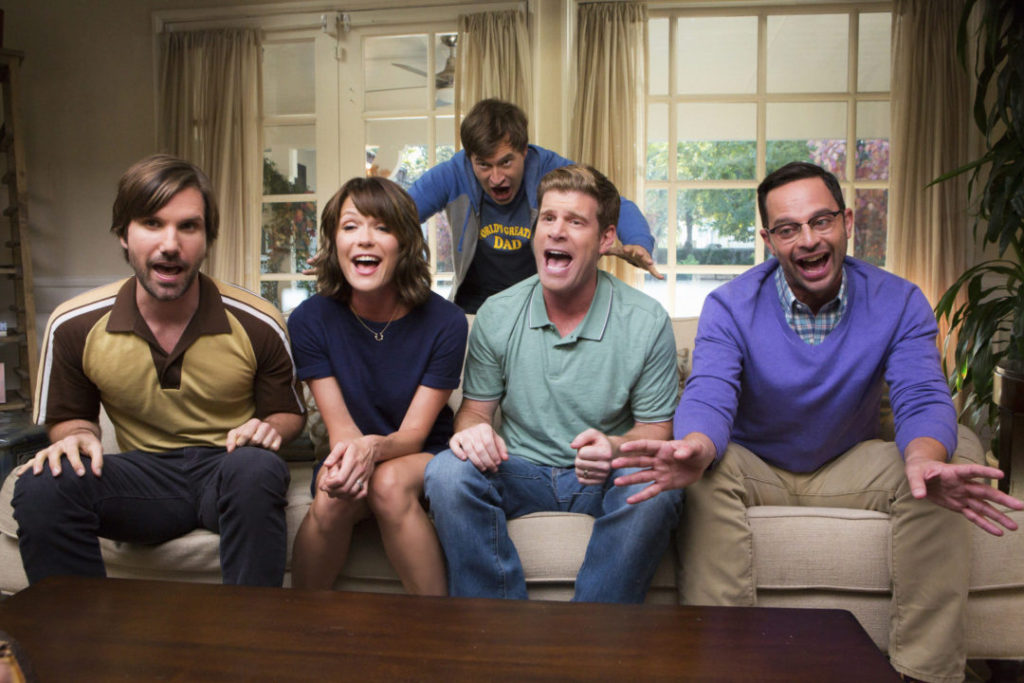
UA: So I have a completely unrelated question regarding The League. I’m a huge fan of the show and, first of all, I need to know, is The League gang like the Cheers Gang? Do you guys hang out all the time? Because I’d like to think that you do.
MD: You know, you have to say that you’re hanging out because that makes fans feel good. But the truth is, we actually do. Now, of course, not during this pandemic. But I would say, four times a year, we all have a big dinner together to make sure all of us get together, and see each other, so we can all catch up on any stories. But you have to understand, this was our first big break, this was our first big job. And it was so special. We were so excited to be there. It’s never gonna be like that again. So the way that we are bonded is so deep, and I think that’s everything.
UA: Which brings me to my next question. With the conversations that are going on now, I can’t help but wonder if you could make something like The League today. I don’t know if a network would be too scared to put something like that out. Am I right in thinking that?
MD: Well, you know, it’s hard to say. I mean, I don’t know that a show like The League would belong in the world today. You know, a lot of times you go back and watch old TV and you think, this is wonderful when I watched it. Even a beautiful show, like Cheers can be a little off brand today.
UA: Who do you think would take the most advantage of COVID-19 to get a head start on this year’s Shiva Bowl?
MD: I think Ruxin would readily identify that it was an opportunity. And he would get the most galvanized. But I think he would get it wrong. And then I think Taco would have literally no idea it was happening. And then somehow stumble into something, unaware that it gave him a huge edge somehow.
UA: And have you given much thought to what you’d like the new Washington team name to be?
MD: You know, I haven’t thought about that. That’s a good question. But I can’t say that I’ve given it much thought.
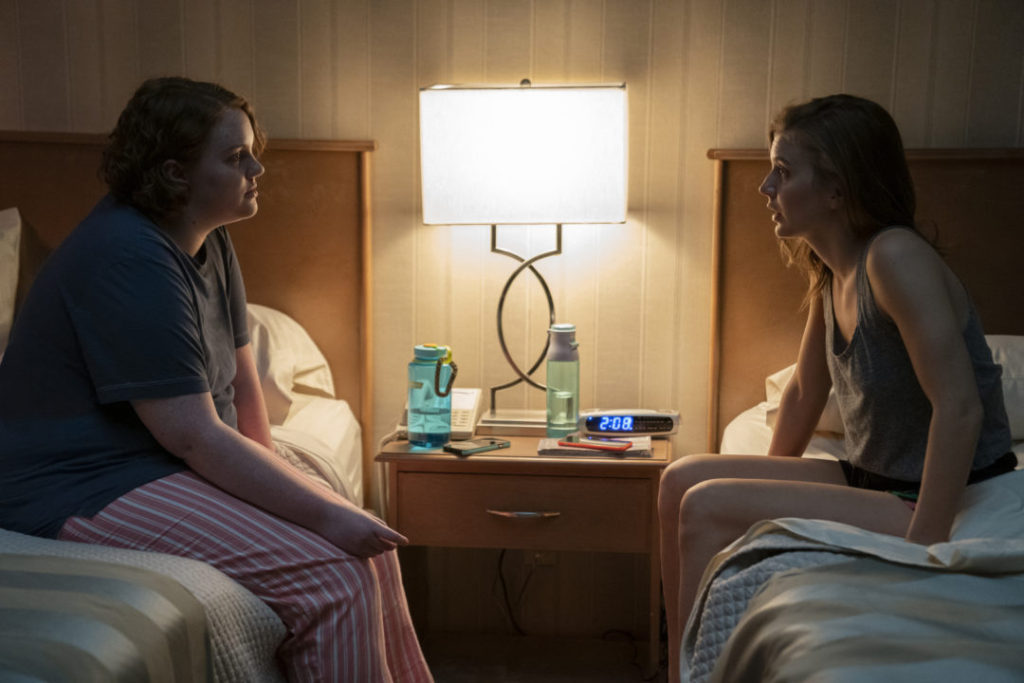
UA: Now that Room 104 is done, what’s next on your plate? What are you working on? What are you starring in? What are you producing?
MD: We’ve got a second season of The Morning Show that they’re currently writing for whenever we can get back on set for that. We also have a bunch of documentaries and documentary series that are in production that we’re really excited about. And we’re trying to come up with ways to make things inside of a pandemic. We’re calling them contactless productions. So we’re doing some experimental fun things that are kind of harking back to when we used to make things for no money. So it’s a good mix of things.
UA: Well I look forward to all of that. Mark, it’s been an absolute pleasure. Thank you so much.
MD: Thank you. Take care.

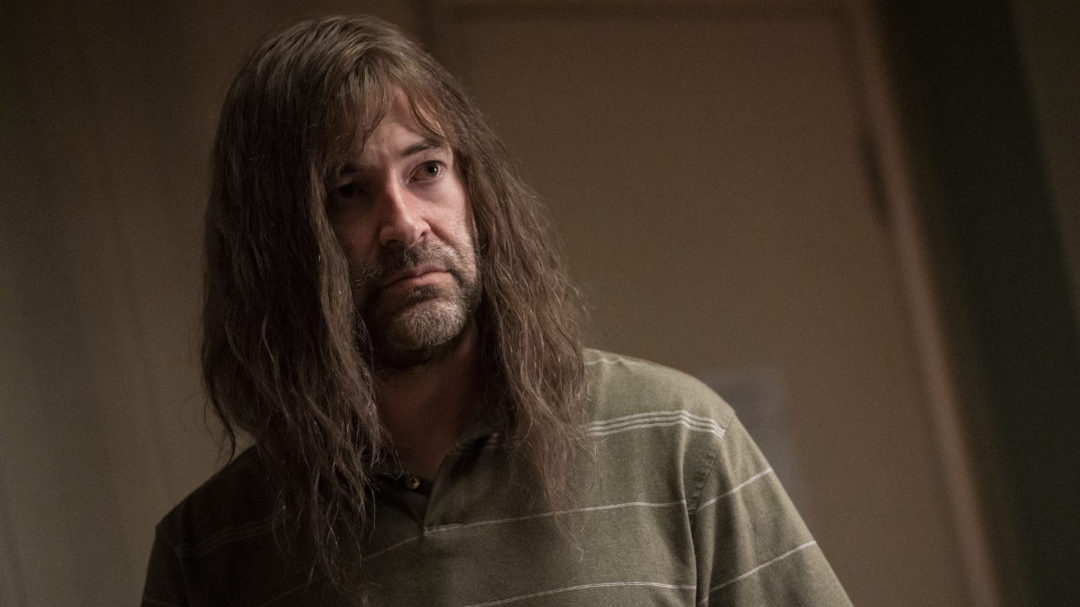
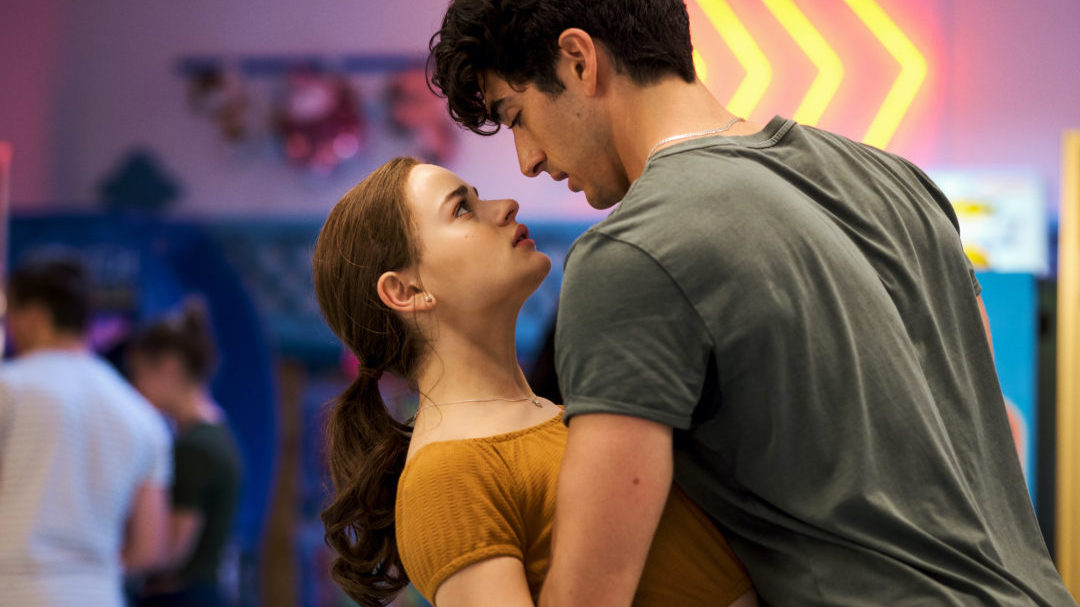

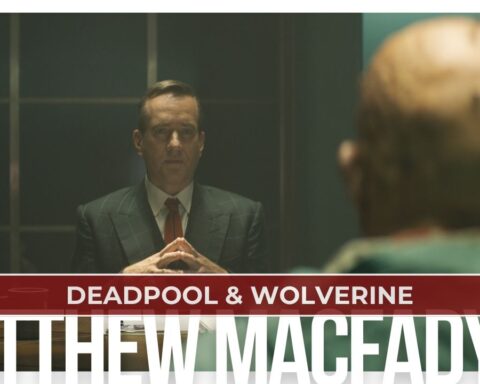

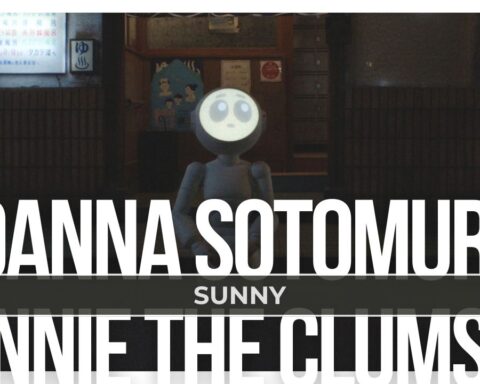
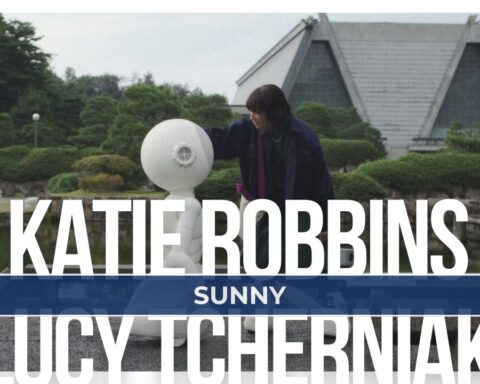

Follow Us